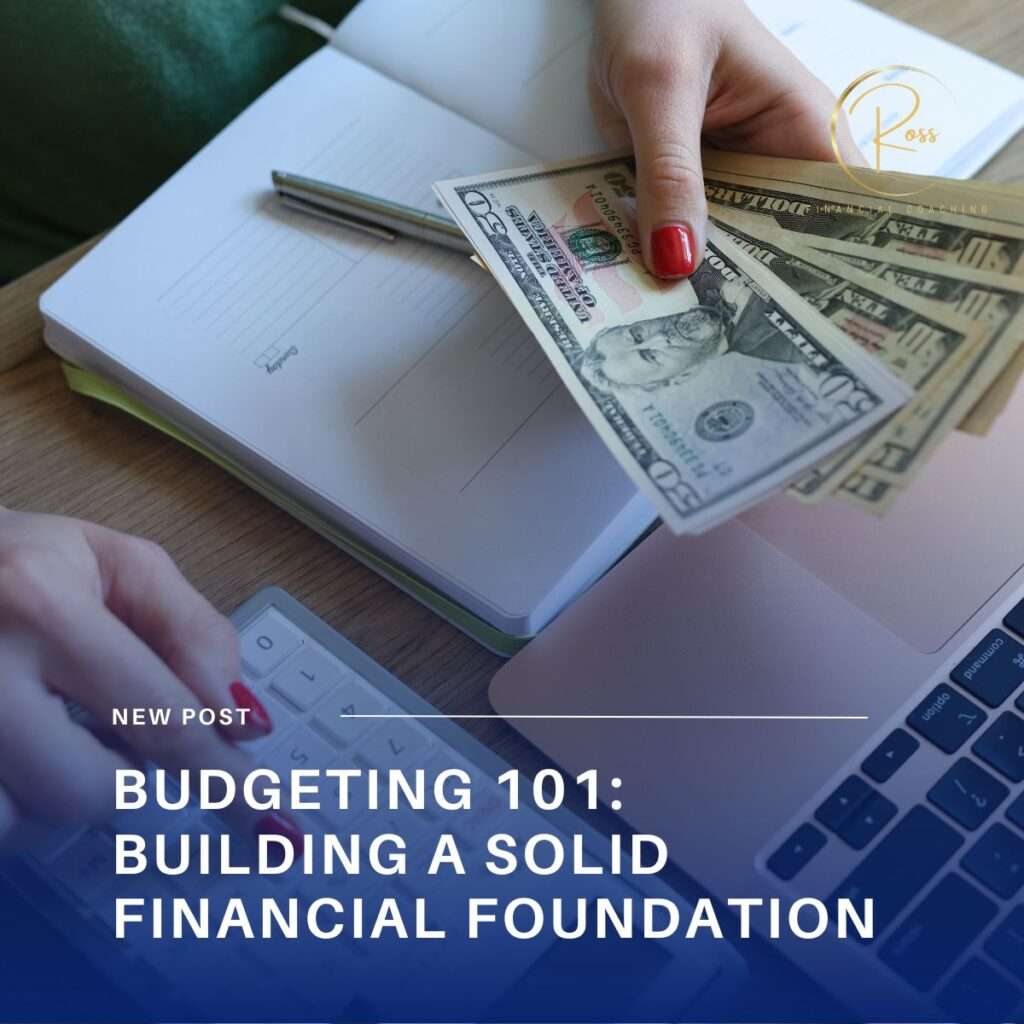
When it comes to managing money, most of us like to believe that we make purely logical decisions. However, our financial behaviors are often driven by subconscious beliefs formed early in life. These deeply ingrained ideas, known as money scripts, shape how we save, spend, and invest— sometimes without us even realizing it.
Understanding your money script is the first step to gaining control over your finances. In this post, we’ll explore what money scripts are, how they form, and how you can rewrite yours to build healthier financial habits.
What Are Money Scripts?
A money script is a belief or set of beliefs about money that you carry with you throughout life. These scripts develop in childhood, based on your experiences, the behaviors and attitudes of your parents or caregivers, and the societal norms you were exposed to. They are often incomplete or distorted, and while they may have served a purpose when you were young, they can become limiting as you grow older.
Here are some examples of common money scripts:
- “Money is the root of all evil.” This script can cause you to avoid financial success or feel guilty about accumulating wealth.
- “More money will make me happy.” Believing that money alone leads to happiness can result in endless chasing of wealth, often at the expense of personal well-being and relationships.
- “I’ll never get ahead financially.” This scarcity mindset can lead to self-sabotage and discourage efforts to improve your financial situation.


How Money Scripts Form
Money scripts often form in response to your earliest experiences with money. For example:
- Family Influences: If your parents constantly argued about finances, you might grow up with the belief that money causes problems. Conversely, if money was never discussed openly, you might feel anxious or uncomfortable talking about it.
- Societal and Cultural Norms: Cultural beliefs, such as the idea that discussing money is taboo or that wealth is only attainable for certain people, can also play a significant role in shaping your financial behaviors.
- Personal Experiences: Traumatic financial events—like a parent losing a job or the family facing foreclosure—can lead to deep-seated fears about financial security.
These scripts, though largely subconscious, play out in your everyday decisions. Whether you’re aware of it or not, they influence everything from how you manage debt to how you approach saving and investing.
The Impact of Money Scripts on Financial Behavior
The power of money scripts lies in their ability to dictate financial choices. If you’ve ever felt stuck in certain money patterns, it’s likely due to your money script. Here’s how some common money scripts can play out in real life:
- Spending and Consumption: A belief like “I deserve to treat myself” might lead to overspending, even when your budget is tight. This script can cause you to justify unnecessary purchases, preventing you from achieving long-term financial goals.
- Avoidance of Financial Planning: If you believe “money is stressful,” you may avoid managing your finances altogether. This can lead to procrastination, missed bill payments, or lack of savings, exacerbating financial stress over time.
- Fear of Financial Success: People who believe “money is evil” or “rich people are greedy” may subconsciously avoid opportunities for financial growth. They might turn down promotions, avoid investing, or feel uncomfortable increasing their wealth.
- Overworking or Hoarding Money: If you’ve been taught that “money equals security,” you may become obsessed with accumulating wealth to the detriment of your well-being and relationships. This script can lead to burnout, anxiety, or strained personal connections.


How to Identify Your Money Script
The first step to changing your money script is identifying it. Since these beliefs are often subconscious, it may take some reflection to uncover them. Here are a few questions to help you explore your money mindset:
- What are your earliest memories of money?
- How did your parents or caregivers handle it?
- What messages did you receive about money growing up?
- When you think about money, what emotions come up—fear, anxiety, excitement, guilt?
- How do you tend to spend, save, or manage money?
- Do these behaviors align with abundance or scarcity?
Journaling about your financial experiences and patterns can also help bring these scripts to the surface.
Rewriting Your Money Story
Once you’ve identified your money script, it’s time to challenge and rewrite it. Here are some strategies to help you shift to a more empowering mindset:
- Challenge Limiting Beliefs: For each limiting belief you identify, ask yourself, “Is this always true?” For example, if you believe “I’ll never get ahead financially,” examine the evidence. Are there times when you’ve made financial progress? What steps can you take to improve your situation now?
- Replace Negative Thoughts with Positive Affirmations: Begin replacing limiting beliefs with affirmations that promote a healthier relationship with money. For example, replace
“I’m bad with money” with “I am capable of managing my finances and making wise decisions.”
- Cultivate an Abundance Mindset: Focus on what you have rather than what you lack. Practicing gratitude for your current resources can help shift your perspective from scarcity to abundance. This will encourage more proactive financial behaviors, like saving and investing.
- Seek Support: Working with a financial coach can provide the guidance and accountability you need to challenge your money scripts and build healthier financial habits.

Conclusion: Empowering Your Financial Future
Money scripts are powerful, but they don’t have to control you. By understanding and addressing these deeply rooted beliefs, you can take control of your financial future and make decisions that align with your goals. Rewriting your money script allows you to break free from limiting patterns and start making empowered, conscious financial choices.
If you’re ready to uncover your money script and start building healthier financial habits, I invite you to book a Free Discovery Call. Together, we can rewrite your financial story and set you on the path to lasting financial freedom.


